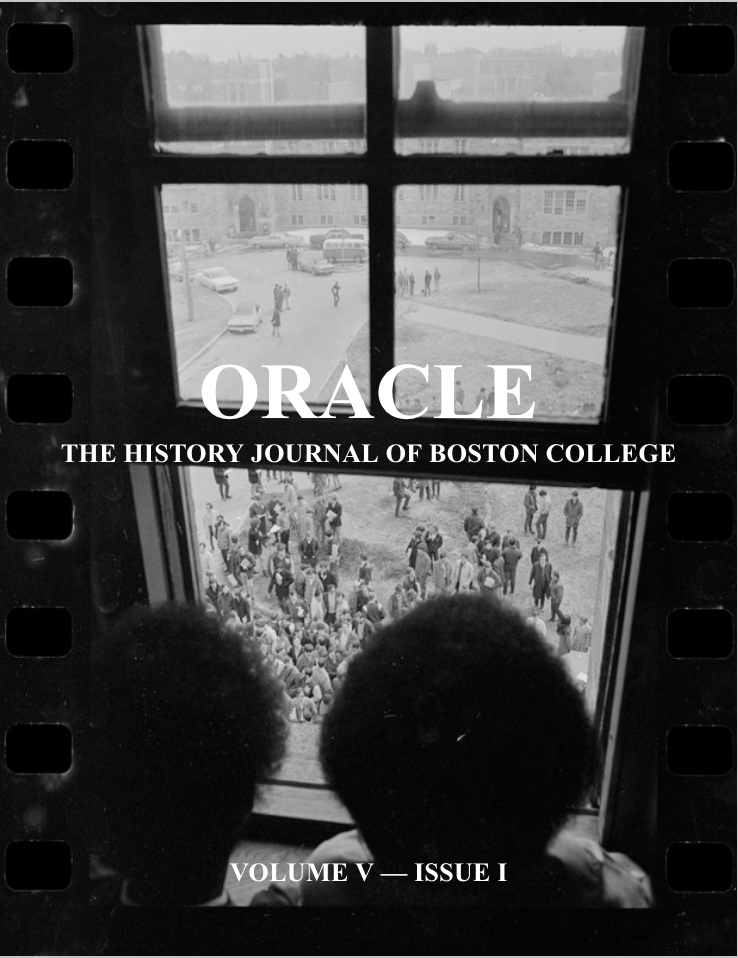Internationalism of the Leftist Press and Reactions from the FBI and CIA from the 1960s-1970s
Keywords:
internationalism, fbi, cia, FBI, CIA, Ramparts Magazine, Liberator Magazine, Castro, ScheerAbstract
Amid the wave of American counterculture movements in the 1960s and 1970s, several members of the New Left established internationalist connections abroad. They questioned American involvement in countries undergoing decolonization and political revolution, showing solidarity with activists in those nations.
The voices of these activists were undoubtedly amplified by the Underground Press Syndicate (UPS), which disseminated these stories of international solidarity. This paper examines the stories of left-leaning activists who often served as staff writers on these publications and wrote on their ideologies and experiences. While the UPS included a range of newspapers, I focus on Ramparts and Liberator Magazine, specifically with their coverage on Cuba, Ghana, and the Congo, to show the international solidarity expressed on the pages that ultimately led to police surveillance.
The FBI and CIA used strategies like “lit.-cop federalism” to monitor leftist journalists, collecting files on their publications and words to frame a story of treason and espionage. These organizations also purposely mistranslated the works of a lot of international activists, to turn domestic New Left activists against their internationalist comrades.
The leftist press was crucial in providing a voice for the New Left, and in combating the intentionally false, anti-communist narrative policing agencies were spreading. I argue that it was when these news sources began to take a specifically internationalist lens that the FBI and CIA increased their surveillance of these papers, as they understood the threat they posed to domestic opinion during the Cold War.


